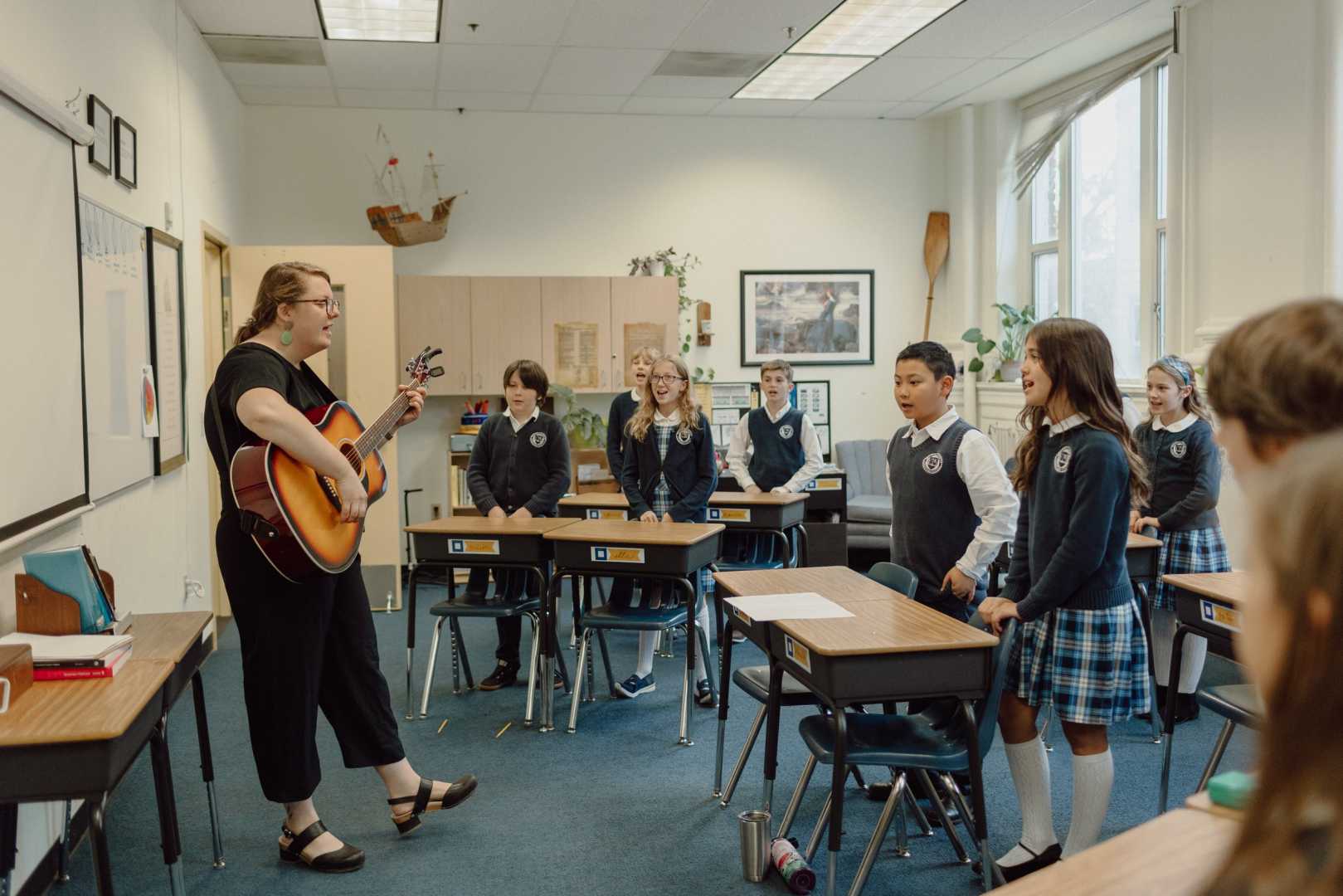News
Debate over Classical Christian Education and Its Impact

In recent years, the United States has witnessed a significant rise in alternative education models, particularly among conservative circles. This movement, known as the classical Christian education movement, offers an alternative to the public schooling system, which some perceive as being dominated by progressivist ideologies.
Classical Christian education blends two foundational elements. Firstly, it is ‘Christian,’ implying that the teachings and values are rooted in Christian beliefs. Secondly, it is ‘classical,’ embracing educational philosophies from ancient Greek and Roman civilizations, focusing on the heritage of Western civilization.
One notable example is the Highlands Latin School in Louisville, Kentucky, which has grown from a handful of students to a significant establishment with several campuses and affiliated schools. This growth is indicative of a broader trend where conservative Christian families seek educational models that align with their values.
The local newspaper, the Courier Journal, has drawn attention to this educational model through a series of articles titled ‘The Cost of Empire.’ These articles critique the rise of Christian classical education, suggesting these schools maintain what they term as the ‘new empire’ of education that contradicts the premises of public schooling.
This media scrutiny spots tension between secular educational institutions and alternative models like Christian classical schools, which are perceived by some as preserving an outmoded view of Western civilization that aligns with certain conservative ideologies.
Albert Mohler, president of Southern Baptist Theological Seminary, has expressed support for the classical Christian education approach, arguing that these schools offer valuable contributions to society by teaching elements rooted in Western civilization and Christian doctrine. Mohler contends that these educational bodies help perpetuate key civilizational principles that are often neglected in public schools.
The controversy surrounding these schools is fueled by their association with a particular cultural and educational worldview, which some view as exclusionary. Critics argue that the emphasis on Western civilization translates to an implicit rejection of diversity.
The debate extends to legislative considerations as well. In Kentucky, a proposed constitutional amendment, known as Amendment 2, could provide financial support for students at schools outside the traditional public school system, including Christian classical schools. This provision aims to recognize the choices of parents opting for alternative education models.
The Courier Journal’s criticism is viewed by some as a response to Amendment 2, possibly prompted by concerns over the decreasing dominance of public schools in the educational landscape.
The discussion around Amendment 2 and the classical Christian education movement echoes broader national debates on educational freedom, parental rights, and the role of religious and cultural narratives in schooling.












